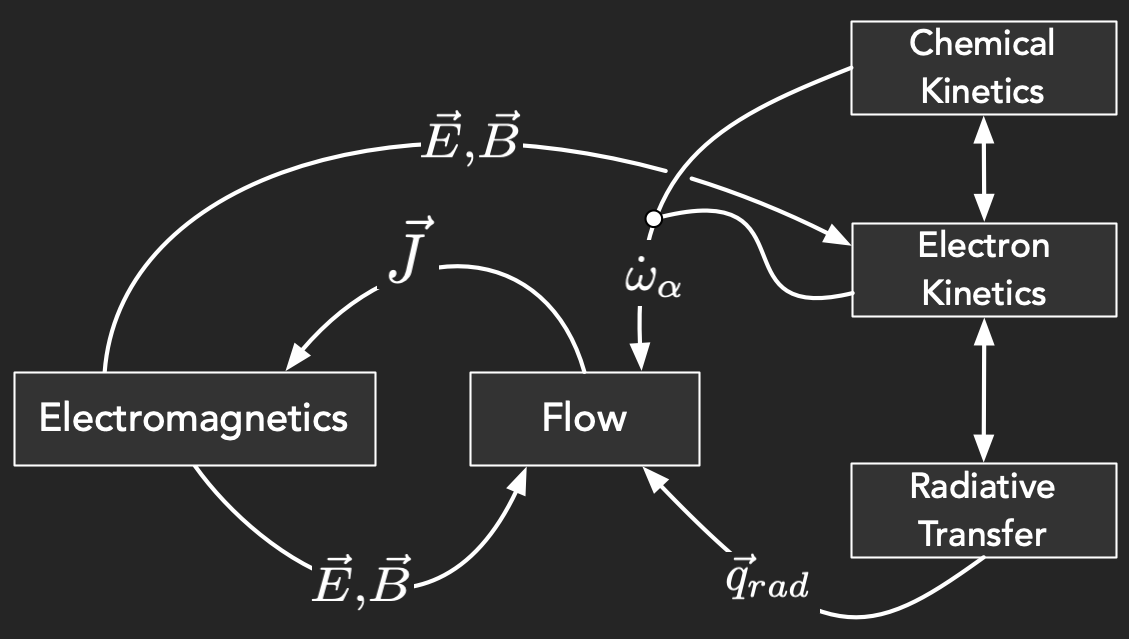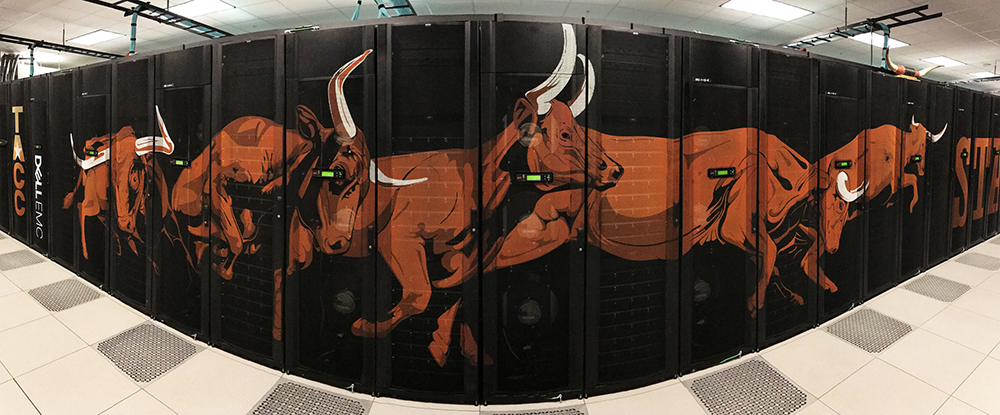The Center for Predictive Engineering and Computational Science (PECOS) is a research center within the Oden Institute for Computational Engineering and Sciences at the University of Texas at Austin. We are dedicated to the development and application of tools and techniques for making reliable computational predictions of complex systems leveraging a variety of supercomputing resources. The challenge of making reliable predictions in such systems is that they typically involve multiple interacting physical phenomena acting at a wide variety of length and time scales. Computational models for such systems typically involve models of the the relevant phenomena with widely varying reliability and provenance, from empirical curve fits to well established fundamental theory. Furthermore, inputs to a system model, such as the environment in which it operates and various model and system parameters may be poorly or not known. Reliable predictions in such systems, therefore, requires determining whether the models and supporting data are sufficient for the prediction and its intended use.
PECOS scientists pursue research in three broad areas as described briefly below.

-
Physical Modeling: development of high-fidelity plasma torch simulations requires coupling between a variety of physical phenomena and closure models including turbulent, compressible flow, thermal and chemical non-equlibirum gas dynamics, RF electromagnetics, Bolzmann electron kinetics, and radiative transport.
-
Validation and Uncertainty Quantification (UQ): reliable predictions require that models and other assumptions be validated against relevant observations and that uncertainties be accounted for. PECOS is engaged in a broad program to advance techniques for validation and UQ, including: forward and inverse problems, multifidelity UQ, formulation of uncertainty representations, especially for uncertainty due to modeling errors, validation under uncertainty, and validation of the reliability of predictions.

- Exascale Technologies: computational demands for full-scale plasma torch simulations are extremely demanding for even the largest supercomputers. To support efficient development and execution, the Center is engaged in advancing a variety of exascale-related technologies including development of a performance portable runtime for heterogenous computing (Parla) along with development of work-optimal algorithms and linear solvers.